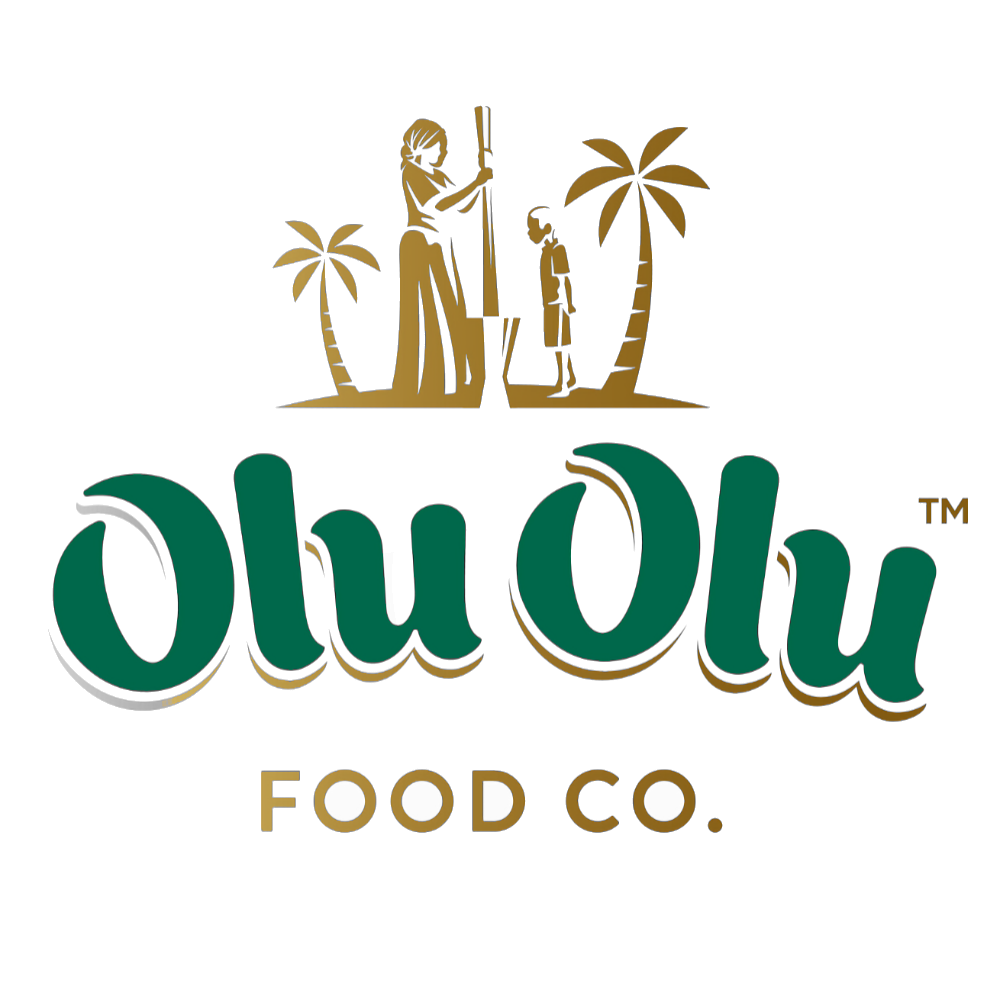What Are Honey Beans? An Introduction to This Sweet Superfood
Honey beans, scientifically known as Vigna unguiculata, are a versatile and nutritious legume that has been a dietary staple in various cultures around the world. This bean, also commonly referred to as cowpeas, black-eyed peas, or southern peas, belongs to the Vigna genus and is celebrated for its culinary adaptability and health benefits.
Originating in Africa, honey beans have a rich history deeply intertwined with diverse cuisines. Over the centuries, these beans have become a dietary cornerstone in many regions, playing a vital role in traditional dishes. From succulent stews to savory fritters, honey beans have found their way into a myriad of culinary traditions, showcasing their adaptability and cultural importance.
Honey beans boast an impressive nutritional profile, making them a valuable addition to a balanced diet. They are a rich source of plant-based protein, making them particularly important for vegetarians and vegans. Additionally, honey beans provide essential amino acids, fiber, and various vitamins and minerals, including folate, iron, magnesium, and potassium.
One of the key features of honey beans is their versatility in the kitchen. These beans can be incorporated into a wide array of dishes, ranging from soups and stews to salads and side dishes. Their mild, slightly sweet flavor pairs well with various spices and seasonings, allowing them to complement both savory and sweet recipes.
In many cultures, honey beans take center stage in beloved traditional dishes. In West Africa, for example, they are a key ingredient in the famous Nigerian dish "moi moi," a steamed bean pudding. In the southern United States, black-eyed peas are a central element of classic recipes like "Hoppin' John," a dish often enjoyed on New Year's Day for good luck.
Honey beans thrive in warm climates and are cultivated in diverse regions worldwide. They are well-suited to tropical and subtropical environments, where they can be grown both as a primary food source and as a cover crop to enrich soil fertility. The adaptability of honey beans has contributed to their global distribution, making them a valuable crop for addressing food security.
Beyond their culinary appeal, honey beans offer numerous health benefits. The high fiber content supports digestive health, while the combination of protein and complex carbohydrates provides sustained energy. The beans' mineral content, including iron, contributes to overall well-being, particularly for individuals at risk of iron deficiency.
The Nutritional Benefits of Honey Beans: Packed With Vitamins and Minerals!
When delving into the realm of nutrition, honey beans emerge as formidable powerhouses, boasting an impressive array of vitamins, minerals, and plant compounds essential for holistic health. Let's embark on a journey to unravel the nutritional marvel that honey beans bring to the table.
Protein Powerhouse
At the core of honey beans' nutritional prowess lies their robust protein content. With 8 grams of protein per half-cup serving, these beans stand as formidable contributors to your body's building blocks. Protein plays a pivotal role in the construction and repair of muscle, bone, cartilage, blood, and skin. Integrating honey beans into your diet becomes a wholesome strategy to fortify your body's structural integrity.
Fiber-Rich Elegance
In the realm of dietary fiber, honey beans reign supreme, offering an impressive 8 grams per serving. Fiber, often overlooked in many diets, proves to be a key player in promoting fullness, aiding digestion, and sustaining bowel health. The scarcity of sufficient fiber intake in most diets underscores the value of incorporating honey beans, providing a simple yet effective means to elevate your fiber consumption.
Manganese and Thiamine Brilliance
Honey beans shine brightly with notable concentrations of manganese and thiamine. Manganese, a vital mineral, contributes significantly to bone health and aids in the metabolization of essential nutrients. Thiamine, on the other hand, plays a crucial role in converting carbohydrates into energy and maintaining the health of the nervous system. The inclusion of honey beans in your diet becomes a strategic move to fortify these essential aspects of your overall well-being.
Antioxidant Symphony
Diving into the antioxidant realm, honey beans unfold a symphony of beneficial compounds, including quercetin, kaempferol, and carotenoids. These antioxidants play a pivotal role in combating free radicals, potentially averting cell damage and contributing to overall cellular health. The vibrant anthocyanins, responsible for honey beans' distinctive color, serve not only as visual delights but also as powerful antioxidants, enhancing the nutritional depth of these legumes.
Versatility and Culinary Delight
Beyond their nutritional accolades, honey beans captivate with their naturally sweet, nutty flavor and creamy texture. This versatility extends to various culinary domains, making honey beans a delightful addition to salads, soups, stews, and chili. For those seeking a crunchy snack, roasting honey beans offers a savory alternative. Alternatively, harness their creamy texture by blending them into dips and spreads, providing a unique twist to your culinary creations. With honey beans, the possibilities are as vast as your culinary imagination.
Incorporating honey beans into your diet becomes an enjoyable and accessible endeavor given their nutritional richness, delectable flavor, and culinary adaptability. Whether you choose to savor them in a hearty stew, a refreshing salad, or as a crunchy snack, honey beans offer a multitude of ways to enhance both the nutritional content and flavor profile of your meals. Embrace the sweet superfood worth buzzing about—honey beans—and let their nutritional virtues contribute to your journey toward a healthier, more vibrant lifestyle.
Creative Recipes and Tasty Ways to Enjoy Honey Beans
- Baked Goods: Add honey beans to muffins, cookies, or banana bread. Their mild flavor and texture work great in most recipes calling for nuts like walnuts or pecans. Honey beans add nutrition, natural sweetness, and texture. Grind them up or chop them coarsely, depending on your preference.
- Yogurt or Oatmeal Topping: Honey beans make a crunchy, protein-packed topping for yogurt, oatmeal, or fruit salads. Simply toast the beans in a dry skillet over medium heat, stirring frequently, until lightly browned and fragrant. Let it cool, then sprinkle it over your favorite breakfast bowl or parfait.
- Salads: Toss honey beans into any salad for extra nutrition and a subtle nutty flavor. They pair especially well in salads with citrus segments, berries, or a sweet vinaigrette. For a hearty main dish salad, combine mixed greens, honey beans, diced chicken or tofu, mandarin orange segments, and a sesame-ginger dressing.
- Stir Fries: Add honey beans to the vegetables and rice stir-fries during the last few minutes of cooking. They provide a satisfying crunch and natural sweetness that complement Asian-inspired flavors. Honey beans also work in Thai curries, Vietnamese pho, and other Southeast Asian dishes.
- Snacking: Honey beans make a healthy snack all on their own. Simply roast them in a skillet with a little coconut oil and sea salt until lightly browned. Or toss with melted dark chocolate or nut butter for a sweet treat. Honey beans are packed with nutrients, fiber, and plant-based protein to keep you satisfied.
Hacks and Tips for Cooking, Storing, and Preparing Honey Beans
- Store uncooked honey beans in an airtight container in a cool, dry place for up to a year. Cooked beans will last up to 5 days refrigerated or can be frozen for several months.
- To cook honey beans, rinse and sort 1 pound of beans, then soak them overnight or for at least 8 hours. Drain and rinse again. Combine with 6 to 8 cups of water or broth in a pot and bring to a boil. Reduce heat, cover, and simmer until beans are tender, about 1 to 2 hours. Season with salt to taste. Honey beans pair well with molasses, maple syrup, honey, or brown sugar.
- Add cooked honey beans to salads, soups, and stews for extra nutrition and heartiness. Their mild flavor pairs nicely with leafy greens, root vegetables, and citrus.
- Puree cooked honey beans to make a creamy hummus or dip. Combine with tahini, lemon juice, and spices like cumin and paprika.
- For a simple side dish, dress cooked honey beans with olive oil, fresh or sun-dried tomatoes, basil, and parmesan cheese.
- Make honey bean burgers or meatballs by mashing the beans and mixing them with eggs, breadcrumbs, and spices. Pan-fry in oil until browned.
- Combine mashed honey beans with mashed sweet potatoes or butternut squash. Top with coconut milk, pecans, and maple syrup for a vegan sweet potato pie.
The Takeaway: Why You Should Add Honey Beans to Your Diet
- Packed with nutrients: Honey beans are loaded with fiber, protein, iron, magnesium, zinc, and B vitamins. Just one-half cup provides 8 grams of fiber and 12 grams of protein to keep you feeling full and satisfied. Iron, zinc, and B vitamins are essential for energy production and immune health.
- Blood sugar-friendly: The fiber and protein in honey beans help slow the digestion of starches and the absorption of sugar into the bloodstream. This prevents energy crashes and reduces spikes in blood glucose that can occur after eating high-carb meals. For anyone watching their blood sugar or weight, honey beans are an excellent choice.
- Heart Healthy: The fiber in honey beans has been shown to help lower high cholesterol levels, especially LDL, or "bad" cholesterol. The potassium in honey beans also helps maintain healthy blood pressure. Adding honey beans to your diet a few times a week may help support heart health and reduce the risk of heart disease over time.
- Versatile and delicious: Honey beans have a naturally sweet, honey-like flavor and creamy texture that lends itself well to both savory and sweet recipes. You can add honey beans to salads, chili, stews, and soups, or blend them into hummus, brownies, protein balls, and more.
Conclusion
So there you have it—the sweet story behind honey beans. Packed with nutrition and natural goodness, these tasty little morsels deserve a place in your pantry and a spot in your weekly menu planning. Whether you roast them for a snack, purée them into a spread, or add them to salads for extra protein, honey beans are endlessly versatile. Best of all, their mildly sweet flavor pairs perfectly with so many foods, so you'll never run out of ways to enjoy them. Honey beans are a secret superfood that's too sweet to keep to yourself. Spread the word about these nutritional powerhouses and share the honey bean love! A healthy, homemade treat that's good for you and the planet—what's not to love?


















































